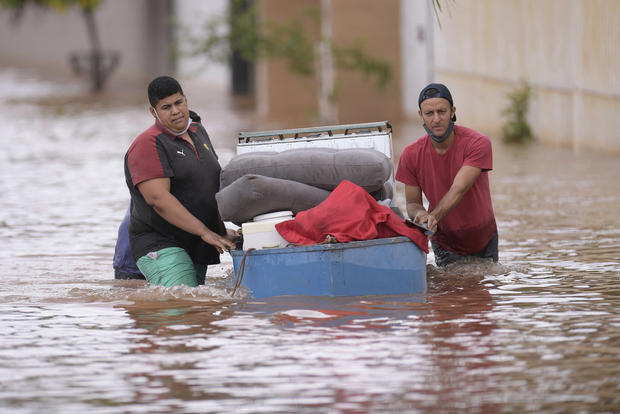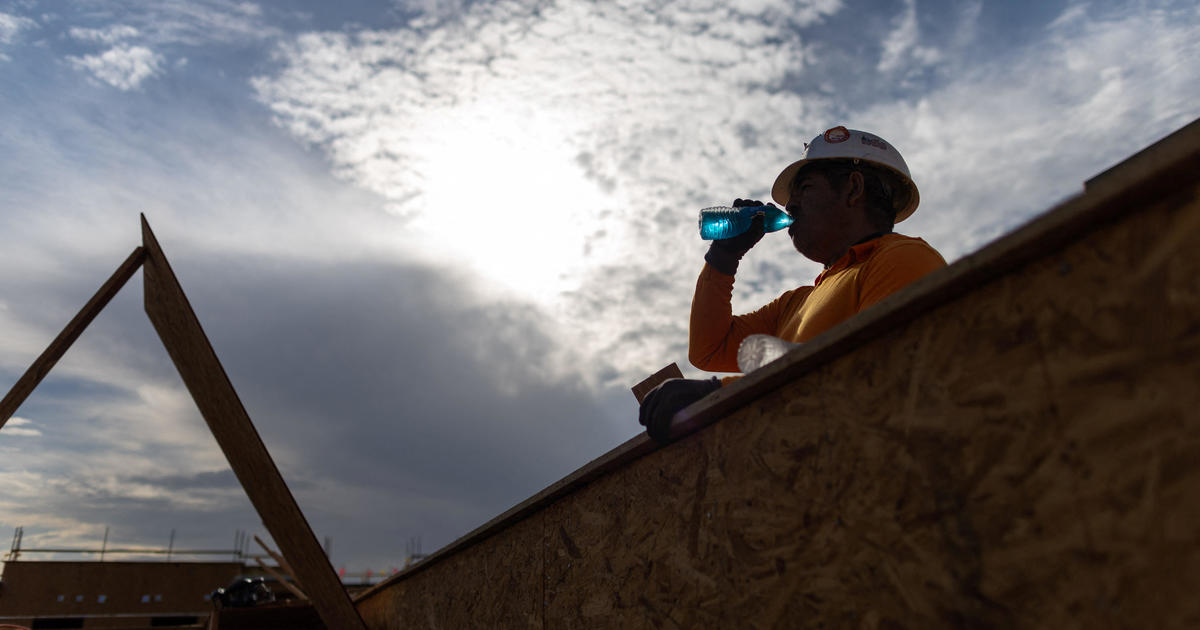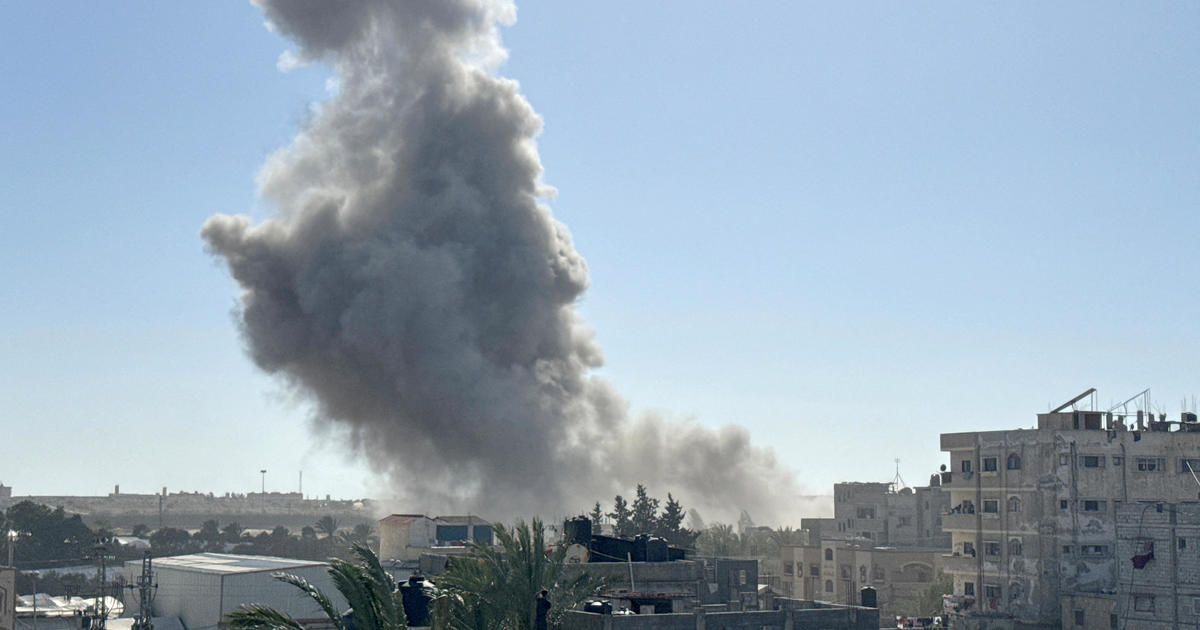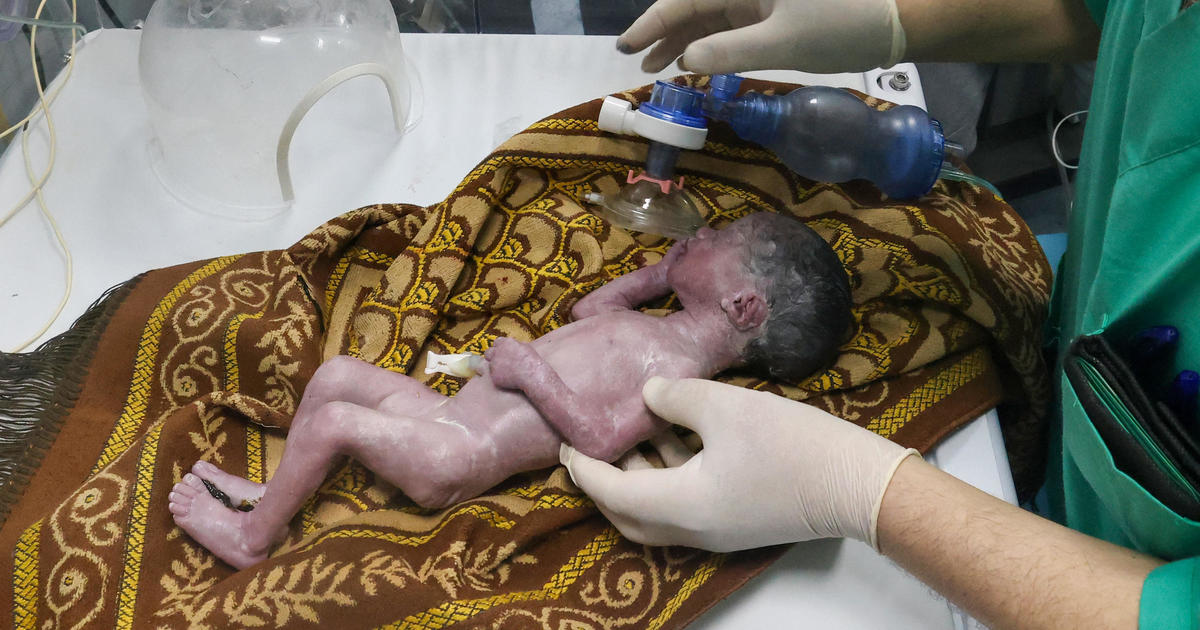Girl among 10 killed by heavy rains in Brazil in wake of deadly cliff collapse
Torrential rain in the Brazilian state of Minas Gerais killed 10 people in two days, according to an official report Tuesday, which warned of more intense downpours in the region. The deaths were reported just three days after 10 other people were killed when a large rock fragment broke free of a ravine and plunged onto four tourist boats in the same region.
The storm victims, among them an 11-year-old girl, died on Sunday and Monday due to rains, flooding and landslides, according to the State Coordinator of Civil Defense.
Since the rains began at the beginning of October, 19 people have died in the southeastern Brazilian state, not including the 10 who died in the cliff collapse.
However, there is "certainly a relationship" between the heavy rains and the cliff collapsing, meteorologist Estael Sias told AFP.
"It is a fact that the long and intense period of rains generated an infiltration of water in the rocks that caused the rocks to move and the fall of the cliff face," he said. "Several videos show that minutes earlier there was a huge amount of rain falling down the waterfalls in the region putting great pressure on the rocks."
President Jair Bolsonaro retweeted some of these videos on his account, and said that "as soon as the unfortunate disaster occurred, the Brazilian Navy moved to the site to rescue victims and transport the injured." In a statement, Bolsonaro said officials would "investigate the causes and circumstances" of the deadly incident.
Current counts say 17,237 people have had to abandon their homes or seek refuge because of the storms.
"January has been very difficult for Minas Gerais because of the quantity, and even more so the concentration, of rain in a short amount of time," said the state's vice-governor, Paulo Brant, in a video published on Instagram.
"We should not curse the rain or blame nature. To a large extent the effects are due to past mistakes like the disorderly expansion of cities, and the sedimentation and pollution of rivers," he said.
A mining dam overflowed Saturday, disrupting traffic on a major highway for two days.
The French group Vallourec was fined around $60 million for "environmental damage" three days later, local authorities announced Tuesday.
Of the 853 municipalities in Minas Gerais, 145 are in a state of emergency due to extreme weather.
In Juatuba, a town of 26,000 about 30 miles from the state capital of Belo Horizonte, Daniel Valeriano de Oliveira's house flooded early Sunday morning.
"We lost everything. My wife and children left the house in a boat," the logistics operator told AFP.
Civil Defense warned that conditions on Tuesday in Minas Gerais would include "moderate to heavy rain that may be accompanied by electric shocks."
Experts attribute the emergency to the South Atlantic Convergence Zone (SACZ), a typical summer phenomenon that each year causes heavy rainfall in the area, in addition to La Nina — a climate pattern in the Pacific Ocean that can affect weather worldwide — and the climate crisis.
For two months, Brazil has suffered extensive damage due to the floods, which have killed dozens and displaced thousands, especially in the northeast state of Bahia.
Heavy rain is forecast for the next 10 days and "unfortunately, the could mean more disasters," Sias said.
Less rain is expected in the second half of January but "February and March remain periods of high rainfall."
"The extremes that we've registered throughout the whole world in the last two years have been ever more frequent with historic heat events, ever more recurring rains, and given that the last two years have been the two hottest in the history of the planet, it is difficult to separate phenomenon like ZCAS ... with global warming, which is the fuel that accentuates extremes throughout the planet."




